Siempre he escuchado que de los niños se aprende muchísimo, por su forma tan ingenua y al mismo tiempo tan perspicaz de ver el mundo. Pero si algo he aprendido al trabajar con niños y adolescentes es que me enseñan mucho sobre ellos mismos, y sin darse cuenta, me enseñan mucho más sobre sus padres. Una vez en la universidad una profesora en clase dijo que los niños son los síntomas del problema familiar, son la voz de los padres; voluntariamente no es común que un niño pida ir al psicólogo o a un especialista, son los padres los que lo envían por un problema que por un pobre manejo de los recursos emocionales, en realidad lo manifiestan ellos y afectan al niño.
Por supuesto, no digo siempre que este sea el motivo de consulta, pero en ocasiones veo que ese niño que se porta “terrible” es porque ve a sus padres pelear a diario; ese adolescente que maltrata a animalitos viene de una familia donde por la más mínima razón le golpean; esa chica que se calla y no habla de lo que piensa en casa es porque vive en un entorno donde sus opiniones son ridiculizadas.
I have always heard that you learn a lot from children, because of their naïve yet insightful way of looking at the world. But if I have learned anything from working with children and adolescents, it is that they teach me a lot about themselves, and without realizing it, they teach me a lot more about their parents. Once in college a professor in class said that children are the symptoms of the family problem, they are the voice of the parents; voluntarily it is not common for a child to ask to go to a psychologist or a specialist, it is the parents who send them for a problem that due to poor management of emotional resources, actually manifests itself and affects the child.
Of course, I do not always say that this is the reason for consultation, but sometimes I see that the child who behaves "terribly" is because he sees his parents fighting daily; that teenager who mistreats animals comes from a family where he is beaten for the slightest reason; that girl who keeps quiet and does not speak her mind at home is because she lives in an environment where her opinions are ridiculed.
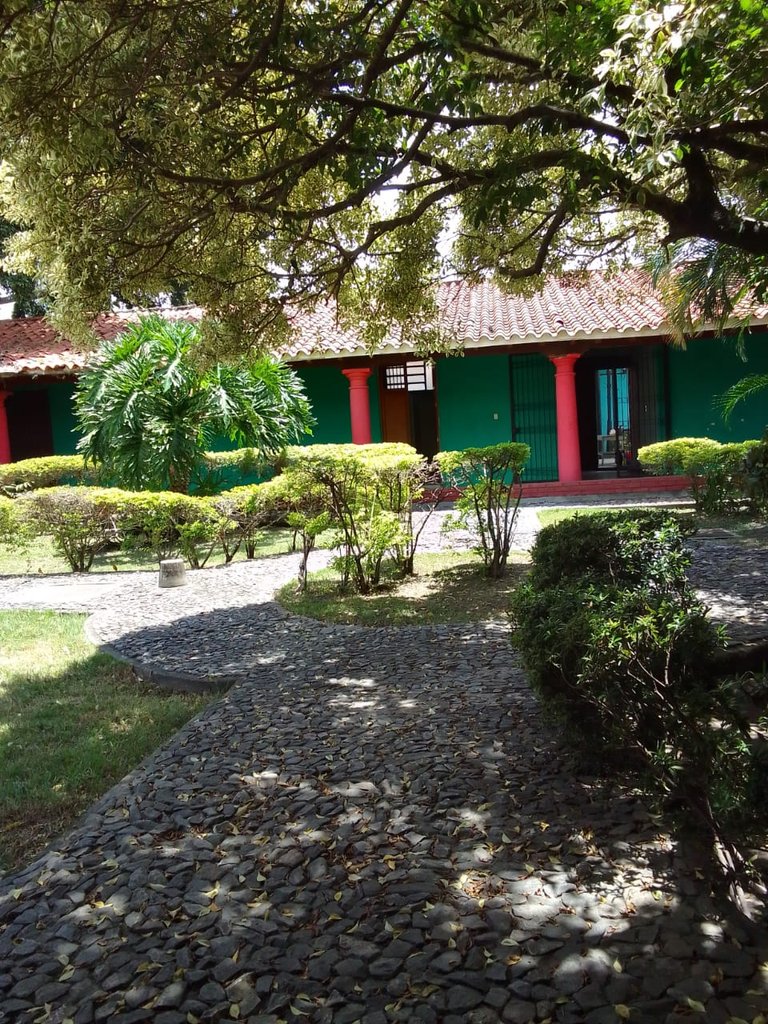
Estos son ejemplos para simplificar, dado que cada caso va mucho más allá de una conducta en concreto, sin embargo, mientras estaba sentada en esta área verde del lugar donde trabajo, pensaba en cómo los adultos seamos padres o no, influimos más en niños y adolescentes de lo que a veces nos detenemos a pensar. Me ha pasado que antes de recibir a algún chico en consulta, antes me “preparan” diciéndome que es manipulador, o mentiroso, o muy reservado, o muy desobediente… La realidad es a la que me enfrento cuando finalmente hablo con el acusado, porque a veces creo que es así cómo se sienten, como si nuevamente están frente a una adulta más que va a confirmar todas las etiquetas que imponen sobre ellos.
These are examples to simplify, since each case goes far beyond a specific behavior, however, while I was sitting in this green area of the place where I work, I was thinking about how adults, whether we are parents or not, influence children and adolescents more than we sometimes stop to think. It has happened to me that before receiving a child in consultation, they "prepare" me by telling me that he/she is manipulative, or a liar, or very reserved, or very disobedient... The reality is what I face when I finally talk to the accused, because sometimes I think that is how they feel, as if they are again in front of one more adult who is going to confirm all the labels they impose on them.
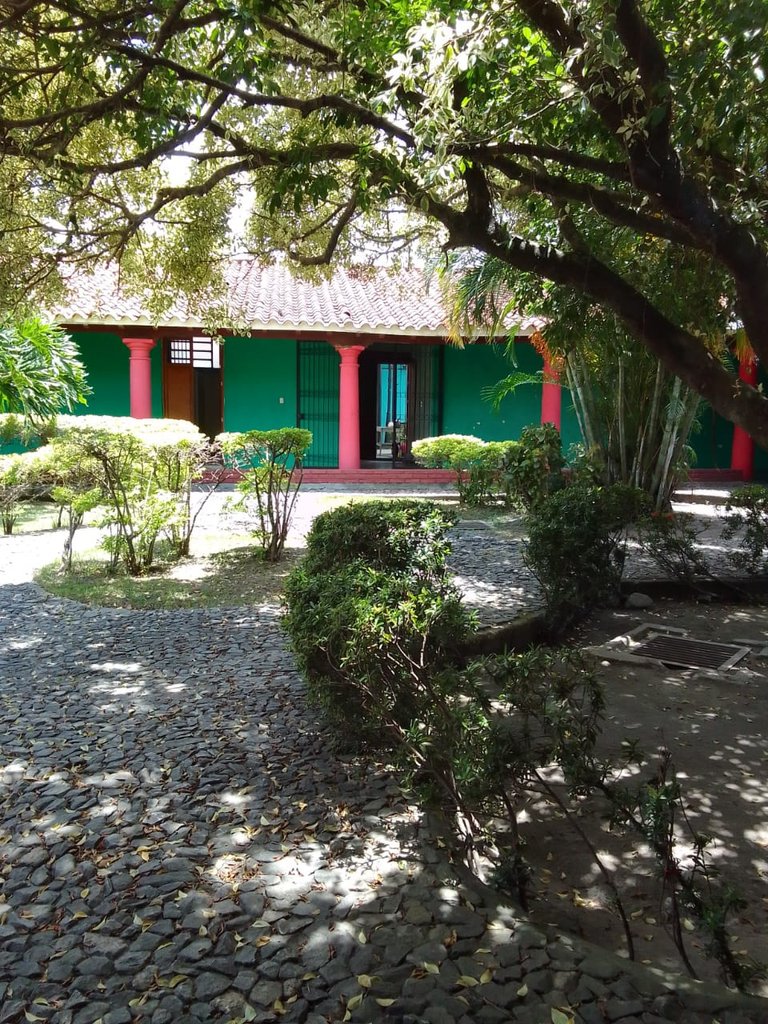
Esta reflexión me llevó a pensar en el Efecto Pigmalión o también, en la Teoría de la Profecía Autorrealizada (o Autocumplida), pero antes de explicarme mejor… ¿Quién fue Pigmalión? Pues a él lo conocemos por el famoso mito que nos habla un rey de Chipre, quien además de ser de la realeza era un escultor talentoso. Sus habilidades lo llevaron a esculpir una estatua de una mujer que resultó tan hermosa ante sus ojos, que Pigmalión la admiraba y acariciaba todas las noches. Lo último que le faltaba para ser perfecta, era que tuviera vida, y así Pigmalión rogó a la diosa Afrodita que le concediera la vida a la figura. Afrodita así lo hizo y la estatua se convirtió en una mujer de carne y hueso. Pigmalión la llamó Galatea, y fue inmensamente feliz a su lado.
This reflection led me to think about the Pygmalion Effect or also, the Theory of the Self-fulfilling Prophecy (or Self-fulfilling), but before I explain myself better... Who was Pygmalion? Well, we know him from the famous myth that tells us about a king of Cyprus, who besides being a royalty was a talented sculptor. His skills led him to sculpt a statue of a woman who was so beautiful in his eyes that Pygmalion admired and caressed her every night. The last thing missing for her to be perfect was for her to have life, and so Pygmalion begged the goddess Aphrodite to grant life to the figure. Aphrodite did so and the statue became a woman of flesh and blood. Pygmalion named her Galatea, and was immensely happy at her side.
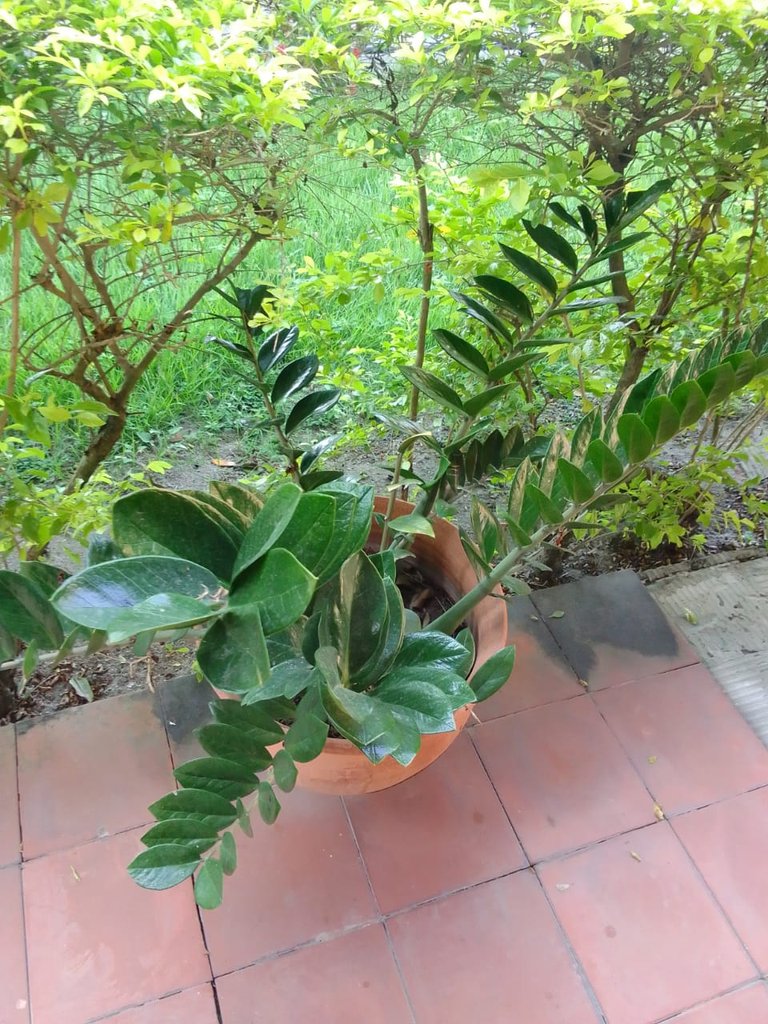
En otras palabras, los adultos son como Pigmalión cuando enseñan: dan forma, moldean, estructuran a otros. Trabajar con personas siempre demanda objetividad, pero de todos modos nuestras expectativas hacia los demás que conducen la manera en la que nos comportamos, tienen un gran impacto emocional en los que aún construyen su identidad, es decir, en niños y adolescentes. En la relación profesor-estudiante se observa mucho este efecto cuando un profesor tiene creencias negativas acerca del rendimiento de un estudiante, en consecuencia no estimula al estudiante y por ende, este reprueba y se desenvuelve pobremente en lo académico.
In other words, adults are like Pygmalion when they teach: they shape, mold, structure others. Working with people always demands objectivity, but in any case our expectations of others, which drive the way we behave, have a great emotional impact on those who are still constructing their identity, i.e., children and adolescents. In the teacher-student relationship, this effect can be observed when a teacher has negative beliefs about a student's performance, and consequently does not stimulate the student and, as a result, the student fails and performs poorly academically.
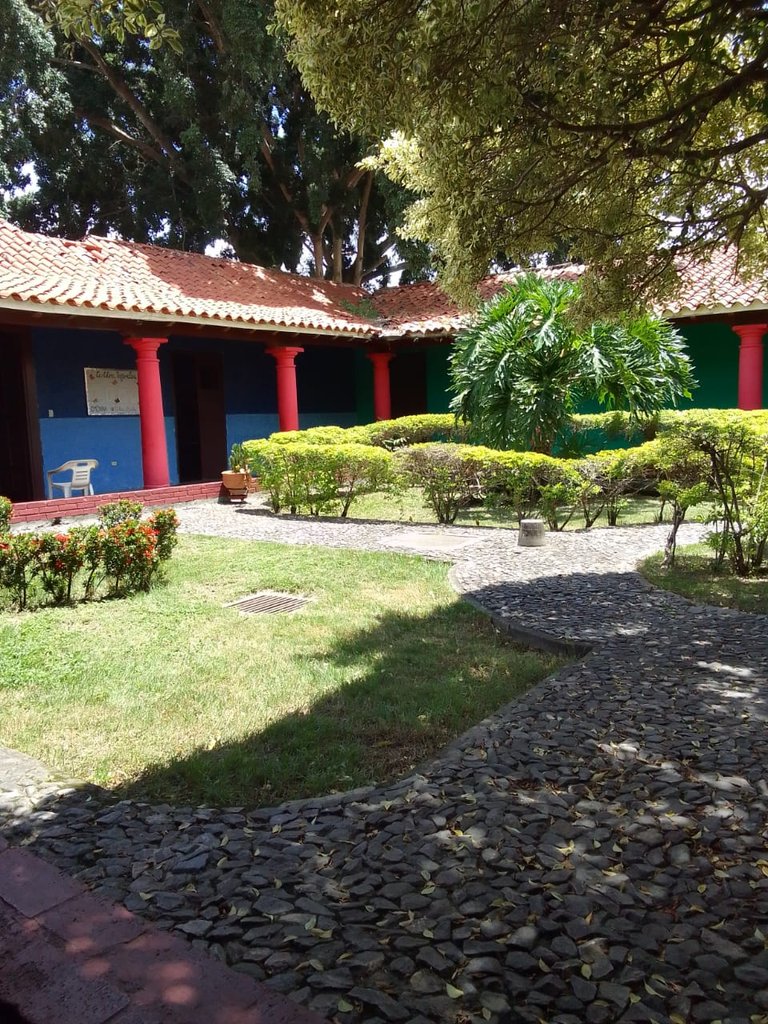
El impacto es a veces también interno, es decir, son nuestras predicciones basadas en nuestros prejuicios acerca de nosotros mismos lo que nos hace obtener resultados desfavorables en lo académico y en la vida. Ciertamente nuestras capacidades y habilidades requieren de dedicación y disciplina para alimentarlas y mejorarlas, pero nuestras creencias y las creencias de personas que admiramos, o que nos dan forma como Pigmalión a Galatea, son tan determinantes que estar ante ojos de alguien que nos valida, que nos acompaña y que nos enseñan, nos permite cuestionarnos, mejorar, transformar nuestras creencias en algo más positivo y realista, y apreciar nuestros logros así como no dejarnos vencer por los fracasos.
The impact is sometimes also internal, that is, it is our predictions based on our prejudices about ourselves that cause us to obtain unfavorable results in academics and in life. Certainly our abilities and skills require dedication and discipline to nurture and improve them, but our beliefs and the beliefs of people we admire, or who shape us like Pygmalion to Galatea, are so determinant that being in the eyes of someone who validates us, who accompanies us and teaches us, allows us to question ourselves, improve, transform our beliefs into something more positive and realistic, and appreciate our achievements as well as not let ourselves be defeated by failures.
Si Pigmalión logró darle vida a una estatua inerte y fría, veo que convertirnos en personas apreciativas y humildes que permitan a otros ayudarles a crecer, y que nos miremos a nosotros mismo de maneras más amables, es algo que podría dejar de ser un mito.
If Pygmalion managed to give life to an inert and cold statue, I see that becoming appreciative and humble people who allow others to help them grow, and to look at ourselves in kinder ways, is something that could cease to be a myth.
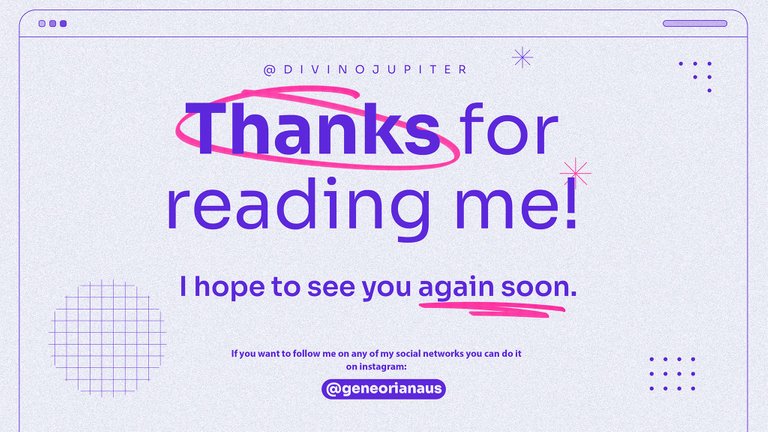
Todas las fotos utilizadas son de mi galería personal.

